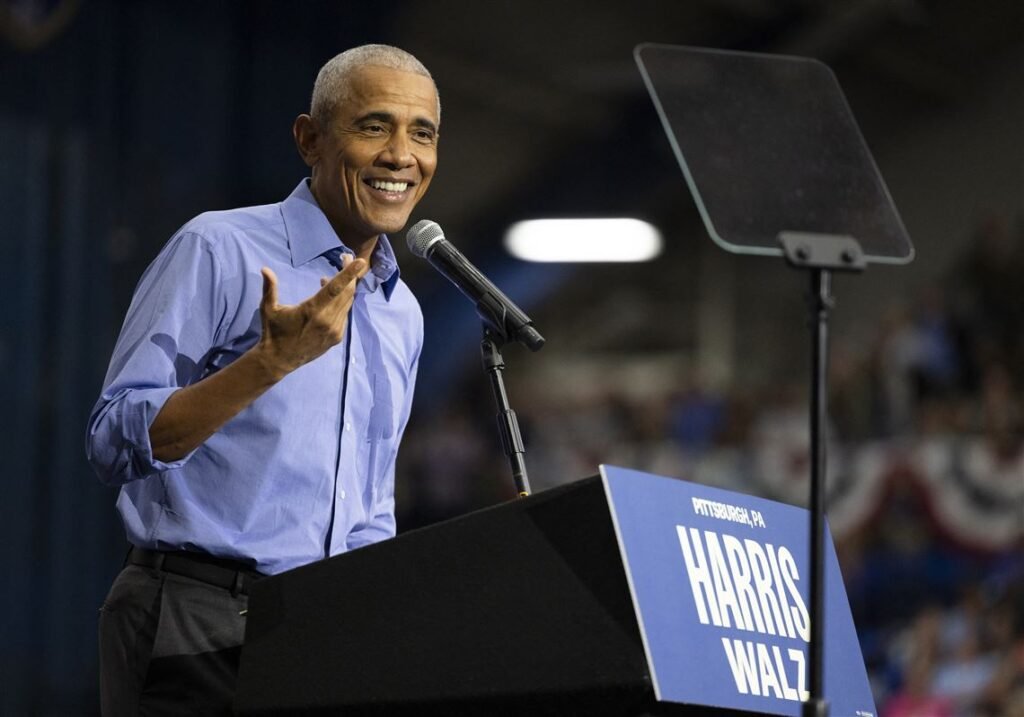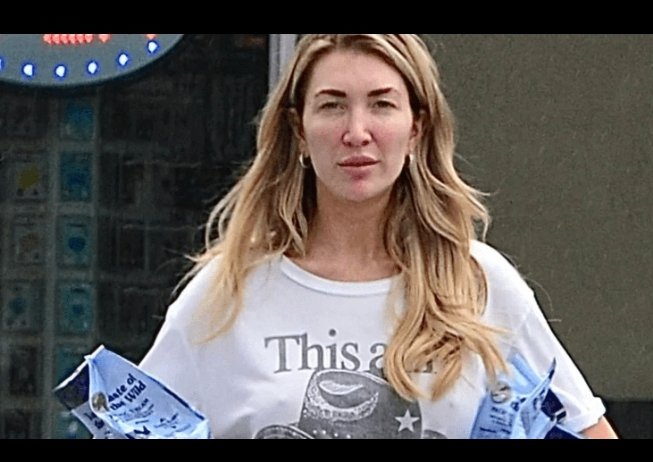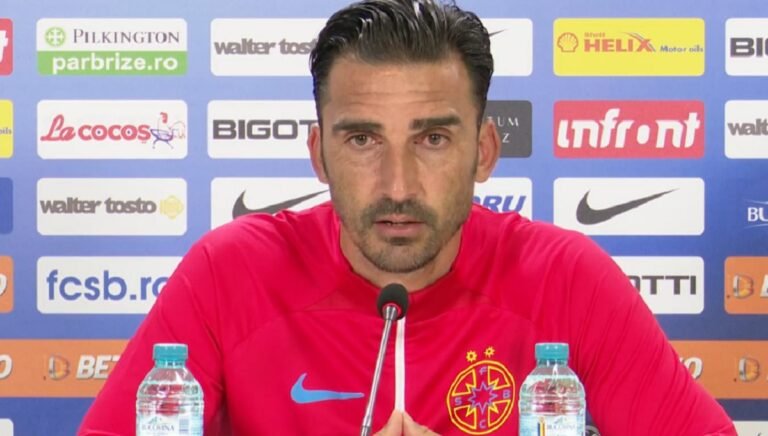
In a surprising turn of events, former President Barack Obama has raised concerns over potential election interference, implying that Donald Trump, former President and Republican frontrunner, may attempt to influence the upcoming election’s results. This bold allegation has reignited debate over election integrity and sparked nationwide discussions on the influence of key political figures.
In a recent address, Obama shared his concerns with a pointed criticism of the current political climate. He emphasized the importance of fair elections as the backbone of American democracy and expressed worries about any attempts to undermine this process. While he did not present concrete evidence, Obama’s suggestion of potential interference, if left unchecked, has caused a whirlwind of responses across the political spectrum.
Obama highlighted his concern about misinformation, especially on social media platforms where divisive narratives can quickly sway public opinion. He warned that certain influential figures might use these platforms to spread false narratives, thereby casting doubt on election results and destabilizing trust in democratic institutions.
“Safeguarding our democracy should transcend political divisions,” Obama stated. “When one side disregards the integrity of the electoral process, it’s our collective responsibility to hold them accountable. Transparency and a fair process are crucial to the future of this nation.”
This statement has drawn praise from Obama’s supporters, who see it as a call to action to protect democratic values, while others have dismissed it as a political maneuver intended to sway voters against Trump. On social media, the issue has polarized public opinion, with some condemning Trump’s history of election-related rhetoric, and others accusing Obama of fearmongering.
Republican responses were swift and firm, with Trump’s campaign team rejecting Obama’s claims as “baseless” and “desperate.” In a public statement, the Trump team asserted, “These are attempts to influence public opinion with no foundation in reality. We believe in the people’s right to choose and respect the electoral process. Accusations without proof are nothing more than a distraction from real issues Americans face daily.”
Political analysts see Obama’s concerns as a reflection of the unease around election integrity, particularly following increased partisan tensions over mail-in ballots, voter suppression concerns, and recent foreign interference threats. Many observers note that the 2024 election could see record-high voter turnout, and any potential interference could have unprecedented implications.
In light of these concerns, several voting rights groups have called for increased election security measures, such as updated digital safeguards, federal funding for state election offices, and stringent oversight of social media platforms. A recent Pew Research survey showed that more than 60% of Americans support increased measures to ensure a secure election, reflecting heightened public anxiety around this issue.
Some experts are concerned that the escalation in rhetoric on both sides might create a climate where no election outcome will be universally accepted. Political scientist Dr. Maria Lynch remarked, “We’re seeing a disturbing trend where the legitimacy of any future election is at risk if the losing side claims interference or fraud. The stakes are high, and the need for impartial, transparent oversight has never been more critical.”
This unfolding discourse underscores the polarization of American politics, where claims and counterclaims threaten to erode the very foundation of the democratic process. As the election nears, both parties will be scrutinizing each other, with voters hoping for a transparent, fair outcome and an end to speculation.
Obama’s allegations have underscored the significance of integrity in elections and raised a central question: Can democracy withstand the weight of distrust, or will these rising tensions push it to a breaking point?




